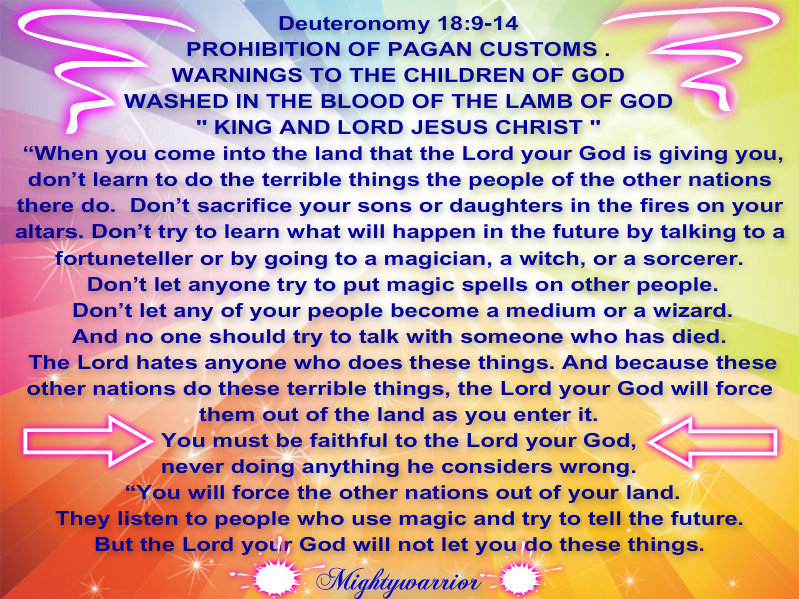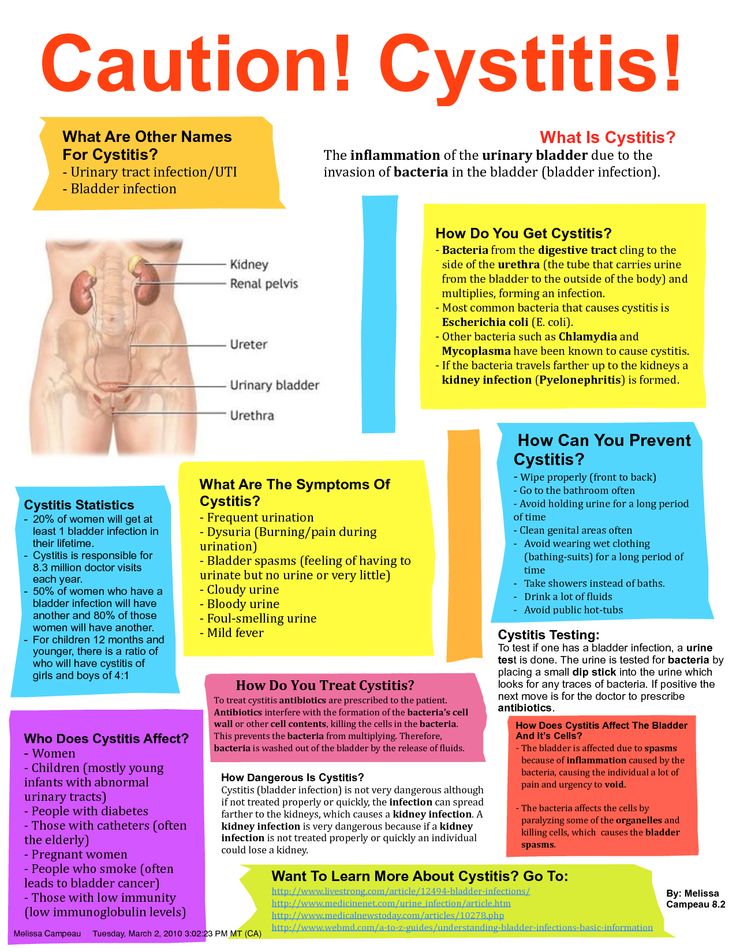How to live as a child of god
Letting the Infinite flow in my life
Lectionary: John 1: (1-9) 10-18
We call ourselves Christians (followers of Christ), and yet Jesus says that we are children of God.
What’s the difference?
Does it matter whether I think of myself as a Christian or a child of God? Does seeing myself as a Christian limit me to being a follower of Christ, while a child of God encompasses something different? How does our language impact our thoughts and perception?
Children often resemble their parents, imitate them, and strive to be more like them (or less like them as a teenager and young adult). In some cases, we strive to make our parents proud.
Genesis begins saying that mankind (male and female) was made in the image of God. Even in Acts, we find Paul stating that in God, we live, move and exist. We are God’s offspring.
Does being a child of God, rather than a Christian, offer more security, authority, assurance and faith? Do you feel more obliged to live with confidence, discipline and earn your family inheritance, as opposed to when you call yourself a Christian?
What impact does “family likeness” have on you, when you compare “Christian” = imitating and being like your family of Christians and child of God = imitating and being like the Divine Creator, rather than other people?
Similarly, what effect does it have on your self-image to look at yourself as divine creation? Can you see yourself as the emanation of Love, Life & Truth? How does this impact your feelings of self-worth? Could you be less defensive and more courageous as a child of God?
Does Jesus invite you to be a Christian?
I don’t believe so.
Without a doubt, Jesus didn’t invent the term, Christian. In fact, he didn’t even use the name “Christ“. (Consider that he would have spoken in Aramaic, rather than Greek – to start with. The words Christ and Christian derive from the Koine Greek title Christós (Χριστός) – Bickerman). The first reference we find the Christians is actually in Antioch – Acts 11:26 – referring to Paul and other apostles, not even to the eleven disciples.
Nonetheless, Jesus called himself the Son of God, referring to God as his Father. Throughout the gospels, he invites us to see ourselves as children of God.
Remember Nicodemus: here, Jesus suggests that all of us are to be “born again”. Go through a spiritual process of rebirth. Culturally, the ancients used birth to describe experiences of crisis – often women were close to death as they struggled to bring new life into the world. How much crying and pain is involved in birthing? The same happens with our spiritual birthing, as we recognise our spiritual existence and awakening. It might even be messy to symbolically accept that we also are children of God. Often, it is an ongoing experience of growing pains as we peel off layers and burdens we have been carrying to reveal Spirit within us and allow more light to shine through us!
It might even be messy to symbolically accept that we also are children of God. Often, it is an ongoing experience of growing pains as we peel off layers and burdens we have been carrying to reveal Spirit within us and allow more light to shine through us!
Can you see and recognise your spiritual potential within, the way that Spirit sees it within you?
Imagine for a moment that you have this invitation:
- think like Jesus;
- act like Jesus;
- love others with Absolute Love;
- forgive others to the same extent that he practised forgiveness;
- pray, meditate and recharge your spiritual batteries each and every day to fully charged;
- practise healing like Jesus did; and
- live your life to the fullness of your personal purpose.
So, how does a child of God pray?
When you are living as a child of God, it influences every area of life, including prayer.
- When you ask for wisdom and direction, you wait to hear the response.
 Can you believe that you can know the mind of God and tap into Infinite Wisdom?
Can you believe that you can know the mind of God and tap into Infinite Wisdom? - If you ask to learn how to do something, imagine practising nonstop until you have mastered it.
- When you ask to be introduced to the right teacher, you pay attention to the lessons.
- Upon asking for protection, you allow yourself to be protected.
As a child of God, you have a right to claim health and wellbeing, expressing health, strength and infinite life in your spiritual body, healing your physical body.
John reminds us that in the beginning was the Word, and the Word was with God, and the Word was God. Are you holding onto the power of that Word within you? Do you call it into being and create with the force and power of being a child of God?
Having faith in your Divine power
We can all read how Jesus lived and breathed his faith. He believed that he was the Son of God and therefore exercised the confidence and power that came with this. Do you apply that same hope and trust? We are promised God’s gift of eternal love and power.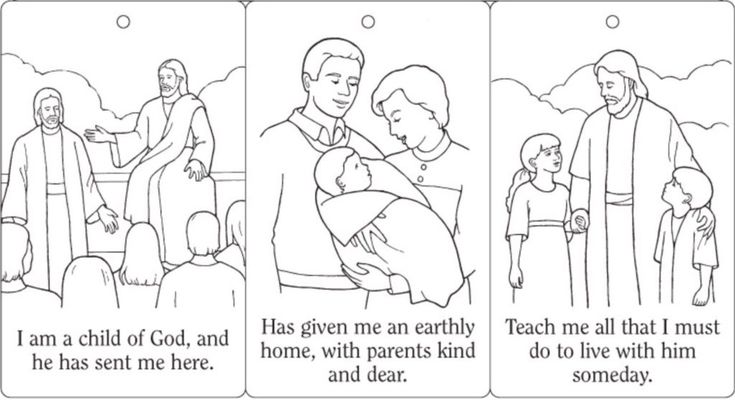
And yet, I fail to grasp it in my daily life! I know that for my continual growth, I am strengthened and tested. I also have a deep faith that all the testing and strengthening is for a purpose. I am being made stronger FOR SOMETHING, not just to be tested!
But I am still learning to say with conviction and assurance:
- I am love as my Father is love.
- I am unbridled joy as my Divine Creator is joy.
- I forgive as Divine Love is forgiving.
- I am prosperous as Spirit within me prospers.
- I have access and deserve all abundance of this Earth and Heavens, as a child of the Divine.
- Peace floods my soul as peace floods the Kingdom of Heaven. As the Kingdom of Heaven is within me, peace floods through every cell of my being.
No. I haven’t yet reached that place of total faith in my Divine power. But each day, I continue to recognise that I am a child of Divine Love, not merely a follower of Christ.
This changes my relationship with the Divine
When you are someone’s child, you cannot become more or less of their child.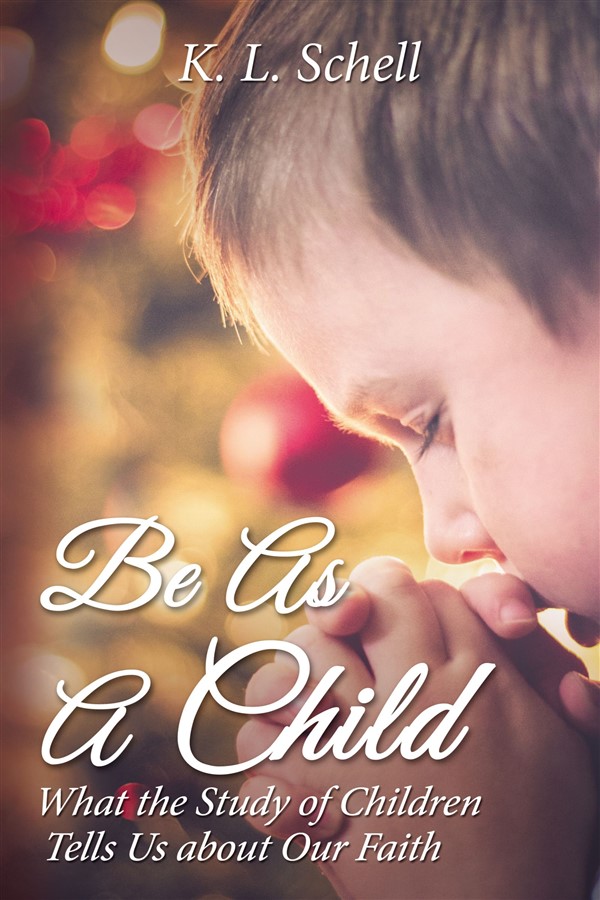 This gives me the certainty that I cannot become “more” of a child of God through my actions or merits, any more than I can become less of a child of God through my failures and mistakes. I have the certainty of being a child.
This gives me the certainty that I cannot become “more” of a child of God through my actions or merits, any more than I can become less of a child of God through my failures and mistakes. I have the certainty of being a child.
Unfortunately, many of us judge our relationship with the Divine according to our earthly experiences and broken families. We recognise that parents will disown you or mistreat you, and so judge Spirit accordingly.
But being a child of God is part of your innate nature, the same way that your genes and DNA are inherited. It is part of who you are, internally. You have a divine inheritance, all the power and divinity, this and more.
Are you willing to claim it and live according to your purpose?
Worshipping in Spirit and in Truth as an Heir
God is Spirit, and as children of God, we are spiritual beings, not just human beings. We live on this earth in human form, but our bodies are merely our “spacesuits” for this planet. Ultimately, our essence is spirit, and we are called to worship and live in Spirit and in Truth.
A Christian is a follower of Christ. But in many respects, this limits us to human existence. This limitation of physical body, emotions, thoughts and actions, rather than acknowledging all that we are as spiritual essence and energy.
When we accept that we are children of God, we open ourselves up to the spiritual realm of existence: born of the Spirit, already eternal.
As you go about your day, remember that Divine Love is your rightful inheritance, with everything that this envelops.
References:
Bickerman, Elias J. (April 1949). “The Name of Christians”. The Harvard Theological Review. 42 (2): 109–124
Like this:
Like Loading...
4 Ways to Live Freely as God's Child
I’ve been on this kick lately of exploring what it means to not only be a child of God, but how to live freely like one. It’s something we don’t talk about directly much. Those of us who have been in the church for a while have heard that phrase tossed around.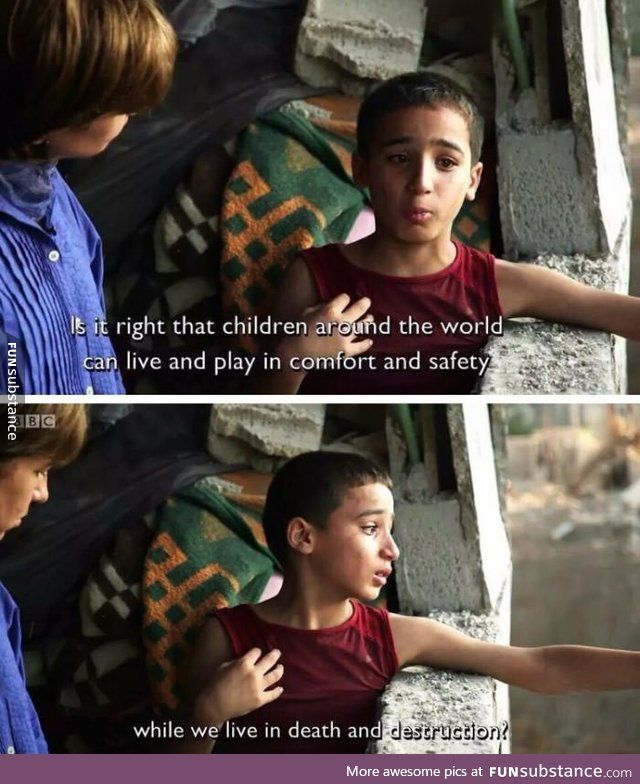 Child of God. We have the head knowledge that this phrase defines us, but, at least for me, that’s all it’s been.
Child of God. We have the head knowledge that this phrase defines us, but, at least for me, that’s all it’s been.
Head knowledge.
I know I am a child of God.
What I don’t know is how to live that out.
How do you live as a child of God?
Since January, God and I have been tossing thoughts around about how to practically live out this core piece of my identity. What I’m learning is that living as a child of God is far less restrictive and far more freeing than I ever believed.
Often when we talk about living for God, there’s a long list of expectations that follow:
You read your Bible and pray and show up for church on Sunday.
You volunteer and serve and go on missions trips.
We’ve summed up Christianity as a bunch of actions we take, which is part of it. Being a Christian means we live and act differently than the rest of the world. Yet these disciplines that are meant to grow our relationship with God can become heavy burdens of performance.
I’ve grown into this mindset that if I miss a day of Bible reading, if I don’t pray long enough, if I don’t say yes to that volunteer position, I’ll disappoint God and somehow miss something he wants to give me.
This whole living-like-a-child journey is God’s way of undoing that sort of slave mindset.
It sounds harsh, maybe, but that’s exactly how I’ve been living–like a slave. I try to anticipate God’s needs and desires for my life and do the thing before he asks, and definitely before he has to correct me.
I silently toe the line of trying to please him instead of simply loving him. And in the process I’ve come to see God less like the loving Father Jesus teaches us about, and more like a task master bent on making sure I serve him well and don’t screw up.
It’s an exhausting way to live, and by God’s grace he is leading me out of it. And the ways he is leading me out and rewiring my thinking is not at all what I expected.
If you’re wrestling with a similar mindset–that God has these grand expectations for you that you have to meet or he throw you out of his will–I want to offer you four ways I’ve learned–and am still learning–to live freely with God as his child.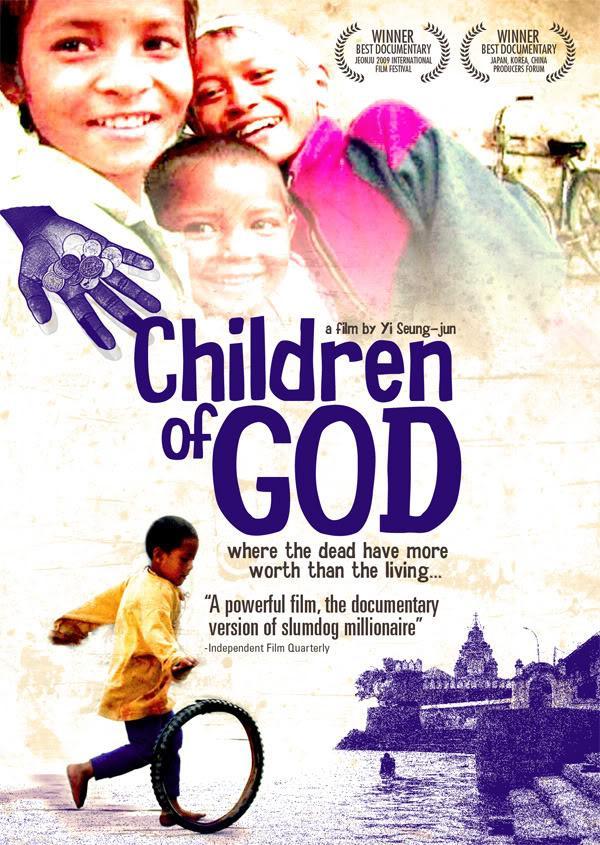
Somewhere along the way I forgot that I have the power to choose. I’ve long believed that there is always and only one way to go that would keep me in God’s will and I have to find it. If you’ve ever been there, you know how exhausting that can be. You agonize and stress over figuring out what the right thing is, and then once you do the thing, you agonize and stress over whether or not you made the right choice and worry about the consequences if you didn’t.
When it comes time to make decisions, I generally know pretty quickly what I want to do, but then anxiety kicks in and I wrestle with the decision far longer than I should because I want to make sure I choosing right. What if my gut instinct is wrong? What then?
As children of God we have been given the freedom to make choices. Every choice has some sort of positive or negative consequence, and it is important to weigh those things. But all this agonizing and wondering what the “right” choice is just doesn’t give an accurate view of how God works.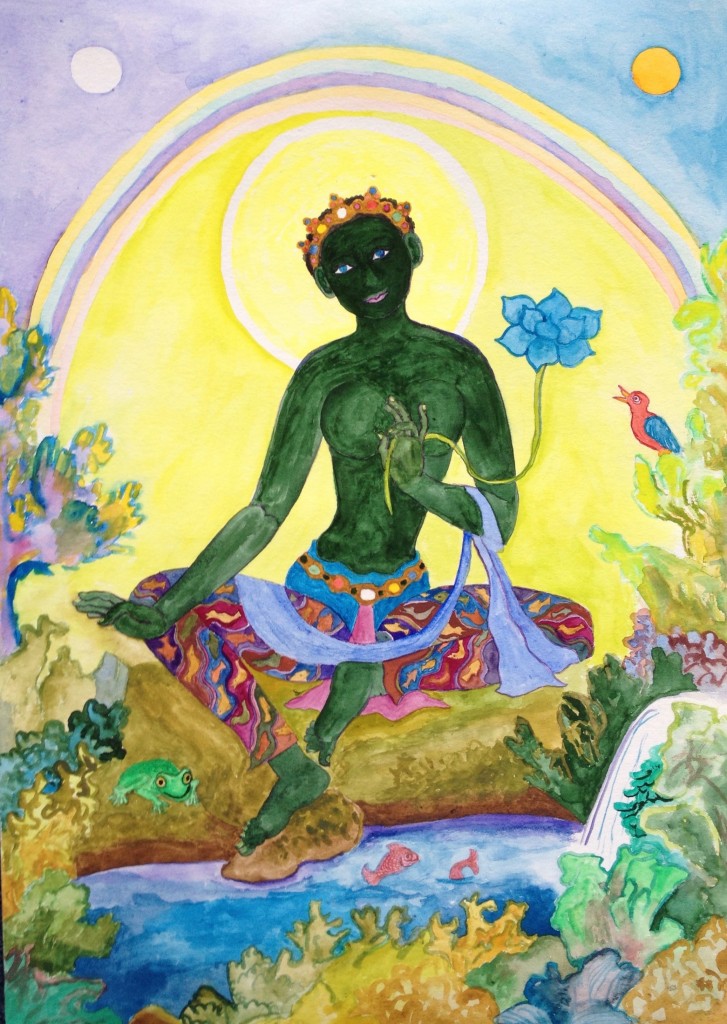
It’s true, there are certain times when God is clear about which way he wants us to go. But more often than not, he gives us full permission to choose. Either option will bring glory to him. We have the freedom to pick.
I’m so concerned about making sure I end up in the right place, but really all God wants us my heart. He is more concerned about the people we become rather than the place we end up.
As children we have the freedom to choose.
2. Play FreelyChildren know how to play. Their imaginations run wild and the most mundane item can become something magical. We lose this ability the older we get. Our minds become so laden with bills and jobs and responsibilities that we forget how to play. So we walk around exhausted and we lose our joy.
It’s time to learn how to play again.
What is it that makes you come alive? What activities break through your sense of responsibility and give you the space to through caution to the wind? What gets you laughing out loud? What makes you feel care free?
Maybe it’s time to resurrect those things to made you feel alive and free when you were a child. Fly a kite. Play on the swings. Bring out the board games. Turn up the music. Dance. Sing. Go splash in some rain puddles.
Fly a kite. Play on the swings. Bring out the board games. Turn up the music. Dance. Sing. Go splash in some rain puddles.
Let the child in you come alive as you learn how to play again.
3. Wonder FreelyThere are certain things in this world that make my eyes open wide and my jaw drop in awe. Stars are one of those things. There is nothing more wonderful to me than a clear night, away from the city lights, where all those stars can poke our their heads so brilliantly. I will stand and stargaze for a long as I’m able.
Part of embracing our freedom as children is taking the time to look up and marvel at this world God has made. Romans 1:20 says that all of creation reveals the glory and character of our God. He is wild and free and loving and he loves it when his children take the time to enjoy what he’s made.
When was the last time you went outside for something other than getting to the next place you need to go? When was the last time you ventured out to the woods or the mountains or the ocean–when you looked up at a brilliant sunrise, or looked down to marvel at the details of a flower petal or a butterfly’s wings.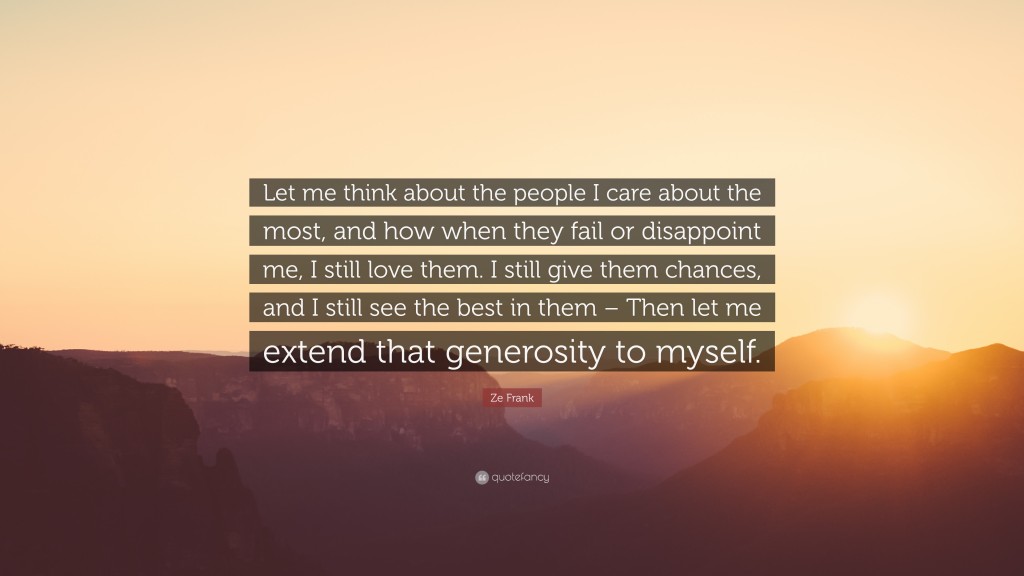
Slow down and take a look. Let your child-like wonder come alive again at the small and big things God has created. Take time to linger. Look up at the stars. Let it remind you what an amazing Dad our God is that he would make such a world for you to explore and live in.
4. Create.One of the verses I’ve been sitting on hard lately is that verse in Genesis that talks about how we are created in God’s image:
So God created man in his own image,
in the image of God he created him;
male and female he created them.~Genesis 1:27
We bear the image of our Father and are reflections of his likeness, just like I am a reflection of the likeness of my earthly father. Within that reflection, our Father has given us the ability to do some of the things he can do, and one of those things is the ability to create.
Now, before you start to tell me that you aren’t a creative person, let me assure you that, yes, you are.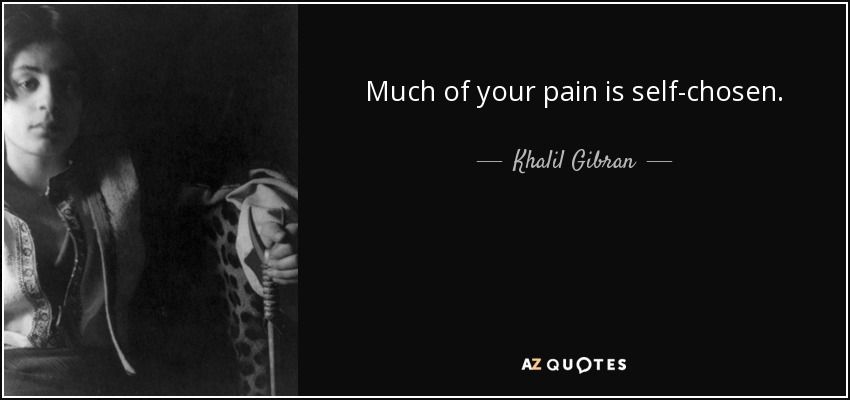 Your creativity just might come out in different ways. You might not be much of a painter, but you can definitely make a space feel comfy and cozy. You might not be be able to draw anything more than a stick man, but you can bring together a meal that fills people’s bellies and entertains their tastebuds.
Your creativity just might come out in different ways. You might not be much of a painter, but you can definitely make a space feel comfy and cozy. You might not be be able to draw anything more than a stick man, but you can bring together a meal that fills people’s bellies and entertains their tastebuds.
Creativity doesn’t just apply to the creative arts. Creativity is any expression that provides an opportunity for people to connect with God and each other. Creativity is an act of worship and a way you can live out your identity as a child of your creative Father.
Cooking has become that kind of creative expression for me. I love learning skills, how certain ingredients interact with each other, what spices and seasonings taste good in certain dishes. I love hunting at the grocery store for fresh things and finding ways to substitute ingredients when I forgot to include something on my list. It’s something simple, and not what I would have traditionally called creative, but I’m finding myself coming alive when I do it.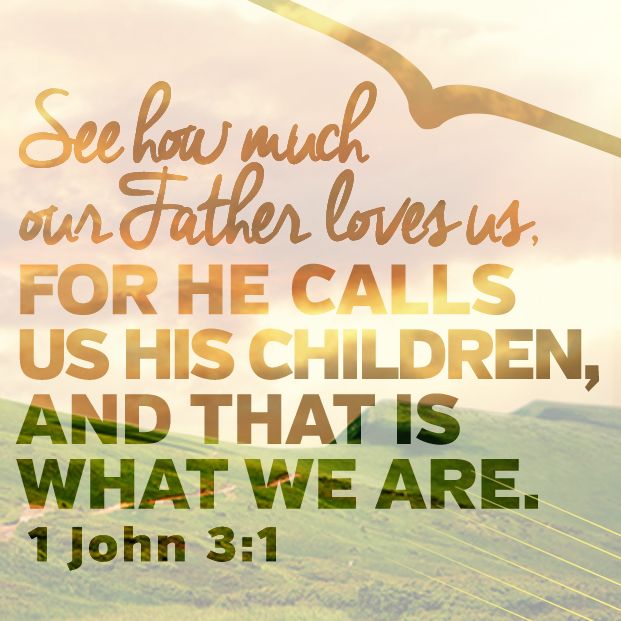
Dear heart, you were made to live free and come alive as a child of God. Lay aside those things that are keeping you captive, those things that have you living more like God’s slave than God’s child. Embrace the truth that you are deeply loved by your heavenly Father, and ask him to reshape your ideas about what it means to live, not only for him, but with him.
This isn’t a performance. This is about relationship. Give yourself the freedom to choose and play, to wonder and create. Press into your identity as God’s child and learn to live free.
Recommended: Remember God is Your Father and You are His Beloved Child
Live in his love!
Read our privacy policy.
Save
Save
Save
Save
Save
Save
Save
Save
Save
First Name
How can I heal from the pain of broken relationships?
Question
Answer
The world is full of people with broken hearts, broken spirits and broken relationships. The pain of a breakup includes a very real sense of great personal loss. Sometimes it is so great that it prevents people from functioning properly, and in extreme cases it can lead to a mental breakdown or even a desire to commit suicide. The world offers various ways to relieve pain: take antidepressants, write angry letters and tear them up, go shopping, change your image, and so on. Some people promote positive thinking. The most common "cure" is time. While the pain of a broken heart may lessen over time, only a child of the Lord can experience full recovery because only Christians have access to the power of the Spirit of God—the One who “heals broken hearts and binds up their wounds” (Psalm 146:3; hereinafter— New Russian Translation).
The pain of a breakup includes a very real sense of great personal loss. Sometimes it is so great that it prevents people from functioning properly, and in extreme cases it can lead to a mental breakdown or even a desire to commit suicide. The world offers various ways to relieve pain: take antidepressants, write angry letters and tear them up, go shopping, change your image, and so on. Some people promote positive thinking. The most common "cure" is time. While the pain of a broken heart may lessen over time, only a child of the Lord can experience full recovery because only Christians have access to the power of the Spirit of God—the One who “heals broken hearts and binds up their wounds” (Psalm 146:3; hereinafter— New Russian Translation).
Jesus understands the pain of rejection. “He came to his own, but his own received him not” (John 1:11). He was betrayed by one of his closest associates (John 6:71; compare Psalm 40:10). When we experience the pain of a broken relationship, we should bring our burdens to the Lord (1 Peter 5:7). He weeps with those who weep (John 11:35; Romans 12:15) and is able to “sympathize with us in our weaknesses” (Hebrews 4:15).
He weeps with those who weep (John 11:35; Romans 12:15) and is able to “sympathize with us in our weaknesses” (Hebrews 4:15).
Breaking up a relationship can be a source of many negative emotions. Christians understand that it is useless to let your feelings guide you. Jesus Christ has blessed us with every spiritual blessing, and we have been received in Him (Ephesians 1:3, 6). This acceptance transcends any feeling of rejection we may feel, because it is based not on the hope of any method, but on solid knowledge. We know that God has accepted us because His Word tells us so, and when we learn this truth by faith, it changes our hearts and lives.
Everyone experiences the pain of breaking up at one time or another. We are all destined to experience hurt and disappointment because we live in a fallen world. But our response to these trials can make us stronger in our life with the Lord. God promises to go through life's disappointments with us (Hebrews 13:5) and wants us to be sure of His support. As we rely on Him, we receive His grace and comfort.
As we rely on Him, we receive His grace and comfort.
Every born again child of God has blessings in Christ, but we must choose to use them. Living in constant gloom and depression because of a broken relationship is like keeping a million dollars in the bank and begging because we never withdraw money. It is also true that we cannot use what we do not know. Therefore, every believer should strive to grow “in the grace and knowledge of our Lord” (2 Peter 3:18) and be transformed “by renewing [his] mind” (Romans 12:2). We must face life boldly, armed with a real understanding of what it means to walk by faith.
As believers, we are not defined by past failures, disappointments, or rejection by others. We are defined by our relationship with God. We are His children, born again into new life, endowed with every spiritual blessing, and accepted in Christ Jesus. We have the faith that overcomes the world (1 John 5:4).
God has prepared for each of us a unique opportunity to go through all the trials of this life. We can either rely on our own strength and what the apostle Paul calls our "flesh" or on the power of the Holy Spirit. This is our choice. The Lord has given us armor, but we must put it on (Ephesians 6:11-18).
We can either rely on our own strength and what the apostle Paul calls our "flesh" or on the power of the Holy Spirit. This is our choice. The Lord has given us armor, but we must put it on (Ephesians 6:11-18).
We may experience disappointments in this life, but we are children of the King, and the rejection we experience is momentary pain compared to eternal glory. We can let it overwhelm us, or we can claim the inheritance of God's children and move forward in His grace. Like Paul, we can, “forgetting what is behind, [go] to what is ahead” (Philippians 3:13).
Forgiving others plays an important role in the healing process. To cherish bitterness or harbor resentment is only to poison your spirit. Yes, we may indeed have been hurt, and yes, the pain is real, but there is freedom in forgiveness. Forgiveness is a gift we can give because we ourselves have received it from the Lord Jesus Christ (Ephesians 4:32).
How nice it is to know a God who said, “I will never leave you, and I will never leave you” (Hebrews 13:5).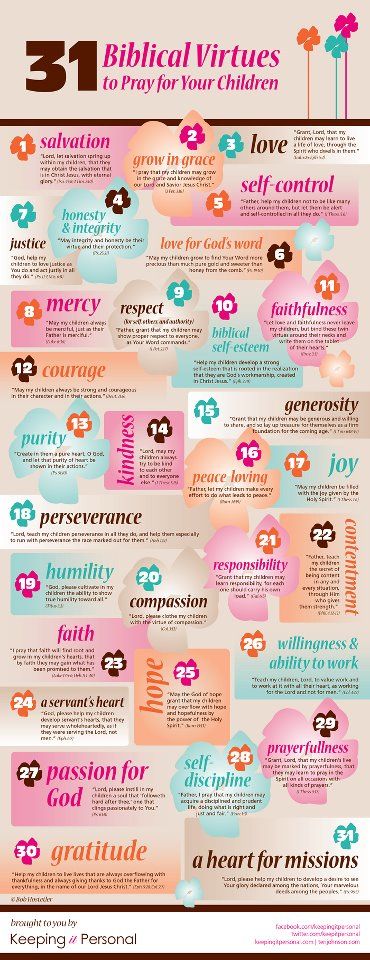 He is always there to comfort the believer. “Blessed be the God and Father of our Lord Jesus Christ, Father of mercy and God of all comfort. He comforts us in all our troubles” (2 Corinthians 1:3-4). The Lord, Who never deceives, promised to go through all the trials with us: “When you begin to cross the waters, I will be with you; when you cross the rivers, they will not drown you. When you walk through the fire, you won't get burned; flames will not burn you” (Isaiah 43:2).
He is always there to comfort the believer. “Blessed be the God and Father of our Lord Jesus Christ, Father of mercy and God of all comfort. He comforts us in all our troubles” (2 Corinthians 1:3-4). The Lord, Who never deceives, promised to go through all the trials with us: “When you begin to cross the waters, I will be with you; when you cross the rivers, they will not drown you. When you walk through the fire, you won't get burned; flames will not burn you” (Isaiah 43:2).
“Throw your care on the Lord, and He will strengthen you; He will never let the righteous waver” (Psalm 54:23). In fact, feelings flow from thoughts, so in order to change how we feel, we have to change our way of thinking. This is exactly what God wants. Philippians 2:5 tells Christians, "Your mindset should be the same as the mindset of Jesus Christ." Further, in Philippians 4:8, we are encouraged to think of things that are true, noble, just, pure, pleasant, virtuous, and praiseworthy. Colossians 3:2 says, "Turn your thoughts to heavenly things, not to earthly things. " When we do this, our pain of rejection lessens.
" When we do this, our pain of rejection lessens.
Overcoming the pain of a broken relationship involves taking it step by step, praying for God's guidance, reading and meditating on His Word. Healing can never come from our own efforts—it only comes from the Lord. This helps us take our eyes off ourselves and focus on Him. He can heal us. He can accept our brokenness and transform us into who He wants us to be. Breaking up a relationship hurts, but God is merciful. He can give our lives meaning, purpose, and joy. Jesus said, "Whoever comes to Me, I will never cast out" (John 6:37). Our Lord's relationship with His children will never be broken.
English
How can I heal from the pain of broken relationships?
Is it necessary to deserve the love of God?
Priest Gregory Geronimus , Rector of the Church of the All-Merciful Savior in Mitino:
Life is not a computer game with scores because God loves me.
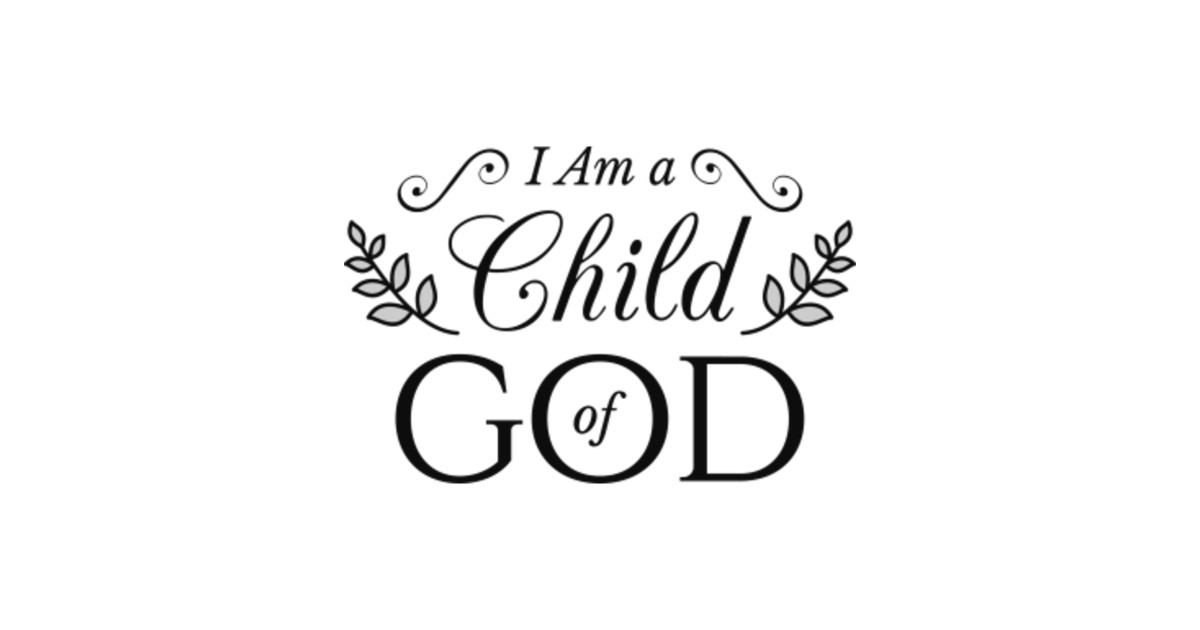 " In fact, in our church pedagogy, starting from childhood, one hears only: be a good boy/girl, God will love you. Do you agree that you need to earn the love of God?
" In fact, in our church pedagogy, starting from childhood, one hears only: be a good boy/girl, God will love you. Do you agree that you need to earn the love of God? - No, I do not agree. “You have heard that it was said, ‘Love your neighbor and hate your enemy. But I say to you: love your enemies, bless those who curse you, do good to those who hate you, and pray for those who despitefully use you and persecute you, that you may be sons of your Father in heaven, for He causes His sun to rise on the evil and the good, and sends rain on the righteous and the unrighteous.” (Matthew 5:43-45).
The Lord calls us to love not only the "good" but also the "evil" because He Himself loves both.
These words once especially struck the 14-year-old Andrei Bloom, the future Metropolitan Anthony of Sourozh. He realized that if he wants to be with God, he must love everyone - because God loves everyone. This is what He offers us as a justification for the need to love everyone, including enemies.
However, when a person just comes to the Church and thinks in not yet adult Christian categories, it may seem to him that life is like a computer game with scoring points. He took the old woman across the road - got points, attended a service - got points, defended many hours of worship in the monastery - got a lot of points. And if he committed a sin, then the glasses burned out.
No, our relationship with God is not a game of earning and spending points. Ephraim the Syrian says: "Be afraid to call God just." If the Lord judged only by justice, we would all have been punished long ago so that nothing would be left of us.
Our God is a merciful and long-suffering God, and He also cares about the whole world and about every person at the same time. And a person thinks how good it would be, even “saving” to him (his family), but how the fate of others will be reconciled with this is no longer very interesting.
But for God every person is his son or daughter.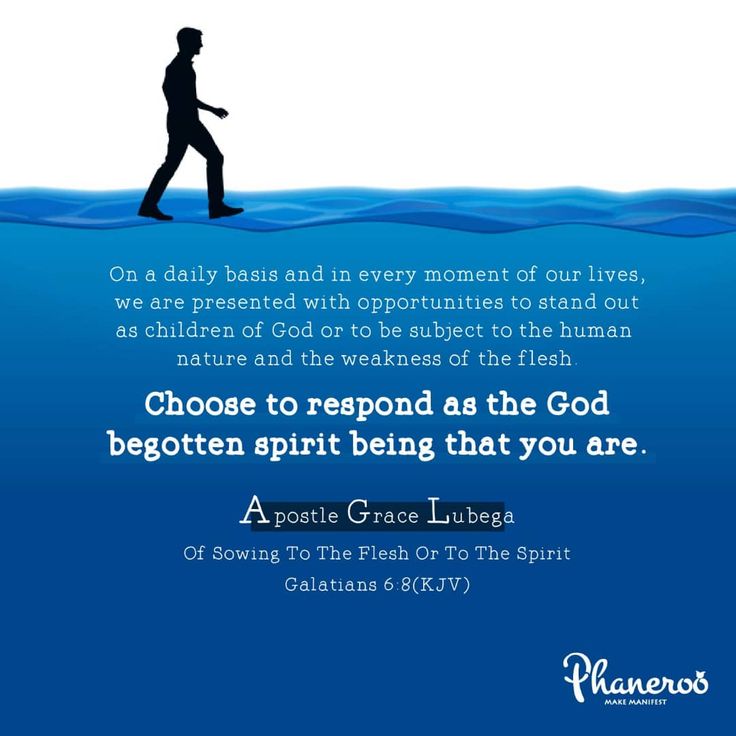 Each.
Each.
– What is the difference between striving to earn the love of God and striving for a good life according to the commandments, the word of God?
– In the patristic tradition there is a teaching about three levels of service to God:
1. Slave service, out of fear of punishment.
When a person comes to God from paganism or atheism, at first he may be driven by the same fear and calculation: I must do good deeds, otherwise God will punish me.
2. Mercenary service, for a reward.
A servant serves for a reward: I must be good so that God loves me. These ministries are preparatory, they are natural for our sin-damaged nature, thought, heart.
3. Ministry of the sons. This is indeed a real Christian attitude towards God, who is no longer the Judge, not the Giver of awards, but God the Father. And the son serves his father not out of self-interest, not expecting a reward, not fearing punishment, but out of love.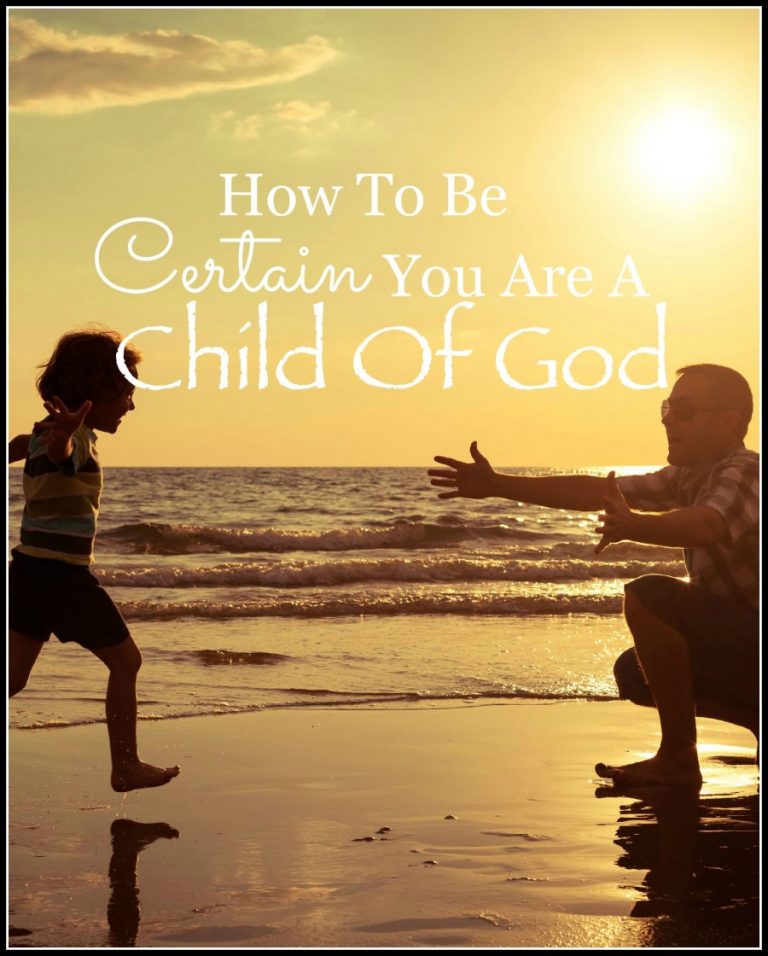
At this stage, we fulfill the commandments because we ourselves want to. Of my own free will. Because we love. At this stage, one can feel that “His yoke is light,” His commandment is light. For example, Ephraim the Syrian in prayer turned to God:
“If it pleases Your love to send me to hell, then I will worship You and praise You there too.”
Not everyone can move to the third step at once. But we are all called to this filial and daughter ministry.
A true mother, like the Lord, loves her unborn child
– When we love someone and want their approval (whether as a child, as a volunteer in an organization, or as an active member of a ward), we try to do the best we can. This is bad?
- That's good. This corresponds to the mercenary degree of service.
The parish should ideally resemble a family. In the family, if the son thinks “I will now clean up my room, finish the quarter well, and then my parents will give me a good present for the New Year” - there is nothing bad. But if a child does something just to please his parents, to serve the common cause of order and harmony in the family, and not to earn money, that's even better.
But if a child does something just to please his parents, to serve the common cause of order and harmony in the family, and not to earn money, that's even better.
So in the church community, when a parishioner does something good to earn the attention of the leader, there is nothing wrong, it is a process of growth. It can become bad for the person himself if the person stops here. Then he will not be able to understand what true love is, when a person loves no longer because there are some “reasons”.
This is how the Lord loves us. It is difficult for us to understand this, because in human, most romantic love there is always this “for what”, or “love” can be a passion, an addiction. Motherly love is probably the most selfless of all: in the book of Isaiah, the prophet says: “Will a woman forget her suckling child, so as not to have pity on the son of her womb?” (Is.49:fifteen). The mother will love the child, even if he is outrageous. Even if he does terrible things, she will not stop loving him, but her love will turn into pain.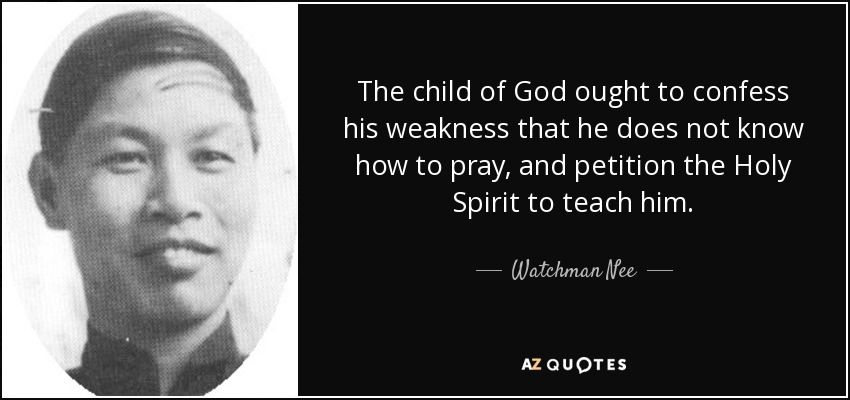
But then the prophet continues: "But if she also forgot, I will not forget you." Indeed, there are such mothers that are mentioned here, but the Lord assures: “I will never leave you.”
God, according to His word, first loved us: "You did not love me, but I loved you." And God loves us, no matter where we are. He loves us even if we don't come up to that ladder at all.
– And what about other texts of the Old Testament, the psalms often say: “The Lord loves the righteous”, but hates sinners, destroys and so on.
- Holy Scripture gives us such quotations. They are designed to warn a person from sin, to show the consequences that can come into his life.
Let's return to the analogy of mother and child. For example, she says: “You can’t put your fingers in the socket,” the child does not obey, he wants to conduct an experiment without fail. And when once again he reaches for the outlet, and his mother scolds him, the child gets angry, cries, it seems to him that his mother is not good, does not allow him to do what he so wants. In fact, the opposite is true.
In fact, the opposite is true.
Likewise, God is not a punishing tyrant, but a merciful Father who, out of love, tries to warn us, sometimes severely, that if you serve idols, you will lose grace. This is not a threat, but information, a warning. The grace of God cannot unite with evil. A person full of sin will simply burn if the grace of God does not depart from him.
God's love for each of us is unique, because everyone is unique
- St. Silouan of Athos said: the righteous will be friends of the Lord, but the Lord will simply have mercy on sinners. That is, the love of the Lord is not the same for all people?
– The Lord's love is special in relation to each person in the sense that each person is unique. I grew up in a good family. Our parents had six of us. So, my mother often said to each of us: "You should know that you are my most beloved son." She did not say this secretly from other children, but openly.
In the same way, everyone is loved by God according to the kind of love we need.
What we can endure, accept.
Each of us has our own unique relationship with God. And when we turn away from Divine love, it becomes the pain of the cross of the Savior. When we do good - with joy, fun.
Whoever does good and pleases the Lord becomes His friend. The Lord expects this friendship from us: “You are my friends if you do what I commanded you” (John 15:14). When we refuse this friendship, He still does not cease to love us, He also prayed for His crucifiers: “God forgive them, for they do not know what they are doing” (Luke 23:34).
We are not at all divided into two categories: the righteous and the sinners. We are all different and each of us has our own unique relationship with God. Most of us have friends, but each of them has a special friendship, each of them is dear to us in different ways.
Friends of God: the saints, the righteous, those who pleased God - they are all different too. And the greatest of all those born of women, John the Baptist, is a friend of God, and some little-known reverend, about whom we know only the name, is also a friend of God.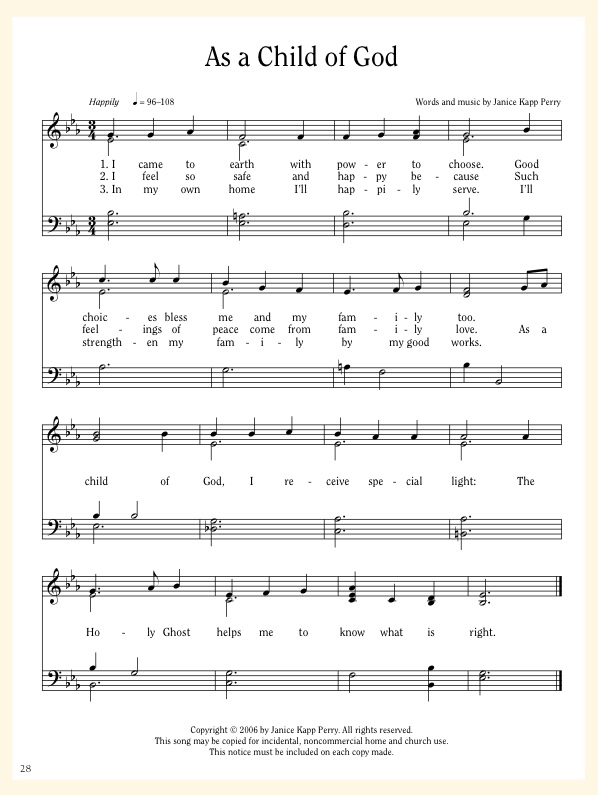 It must be assumed that even in the Kingdom of Heaven the righteous retain their differences. I think that also sinners are in a different state.
It must be assumed that even in the Kingdom of Heaven the righteous retain their differences. I think that also sinners are in a different state.
- And how to understand the words from the epistle of the Apostle John: “ In this is love, that we did not love God, but He loved us and sent His Son to be the propitiation for our sins” (1 John 4:10).
– If we continue the analogy between God's love for a person and mother for a child, then when a baby is born, he is already loved, although his parents have just seen him. A mother loves her baby after birth, when he is still in the womb, and even when he is not yet, and she dreams of him.
The child will be able to respond to the mother's love only when he has the ability to be aware. But before that, they already love him.
Likewise, God loves us first of all. John the Theologian says about it this way: “We love Him, because He first loved us” (1 John 4:19).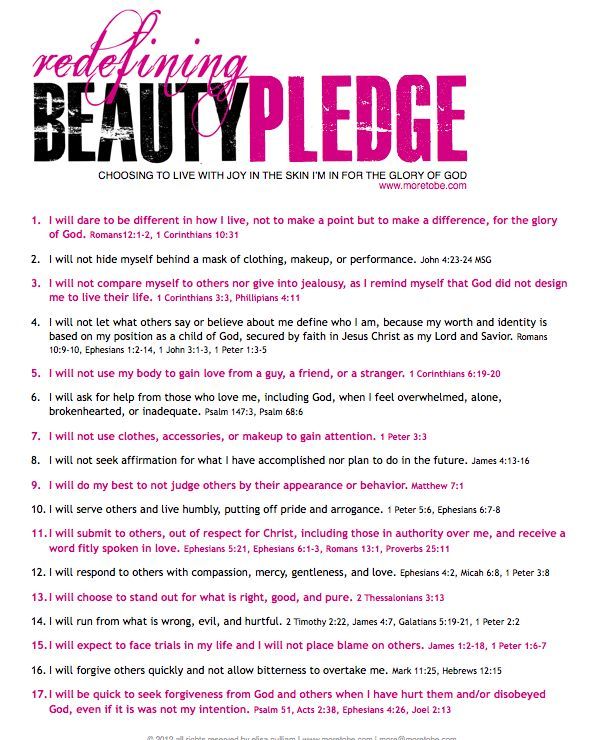
There are amazing words about the creation of the world in the Prologue: The Father turned to the Son: “Son, we will now create a man who can sin, and then You will have to incarnate and sacrifice Yourself on the cross. Are you ready to go for it? And the Son answers: “Yes, Father, Thy will be done.” And then man was created.
Even before creation, God loved us. Knowing that we will depart from Him, we will betray Him, we will say that He does not exist, but that there is evolution, that religion is opium, and so on.
In the Apocalypse Christ is called the Lamb before the foundation of the world (Rev. 13:8). How can this be, when we know that the crucifixion took place at a certain historical moment, we deliberately emphasize this in the Creed - "under Pontius Pilate"? But the Savior was called the Lamb (destined for the slaughter) before the foundation of the world.
And sacrificing oneself for those who turned away, betrayed, crucified - what is this if not love?
– How to explain unconditional love to a person if he has never experienced it?
– To some extent, deep down we know it, even if earthly parents were not very kind to us. The richness of spiritual life, participation in the Sacraments, prayer helps to reveal this knowledge in oneself.
The richness of spiritual life, participation in the Sacraments, prayer helps to reveal this knowledge in oneself.
Of course, if a person meets in his adult life someone who can show this unconditional love to him, then it will be much easier for him to understand the love of God.
Seize the opportunity to do good
– How does God's unconditional love for man relate to His call to perfection? “Be perfect, as your heavenly Father is perfect” (Matthew 5:48)
– We are created in the image and likeness of God, we have within ourselves the potential to love.
By the power of God we have a great potential to love our neighbors, even our enemies, whether we feel it or not.
Once Silouan of Athos said very sternly to one monk: "Stay on the verge of despair, but do not despair." The monk found this harsh and difficult. Then Elder Siluan explained: “But when it’s hard for you, then go away, sit down and drink a cup of tea.